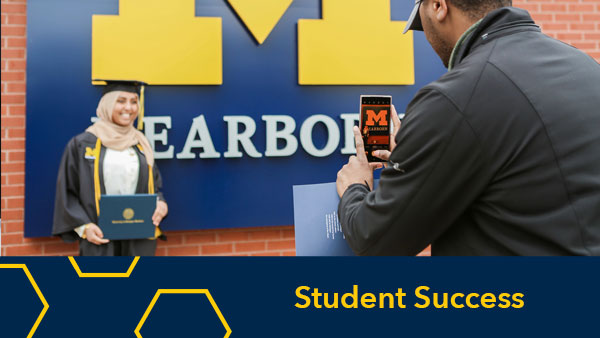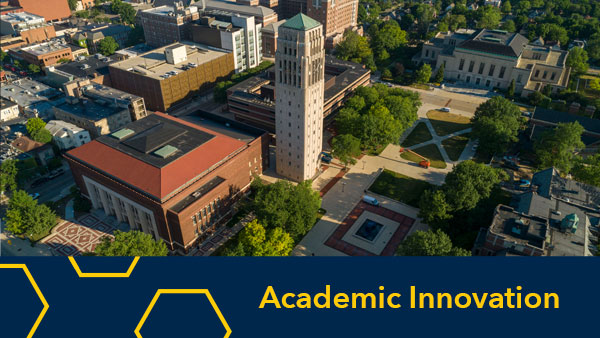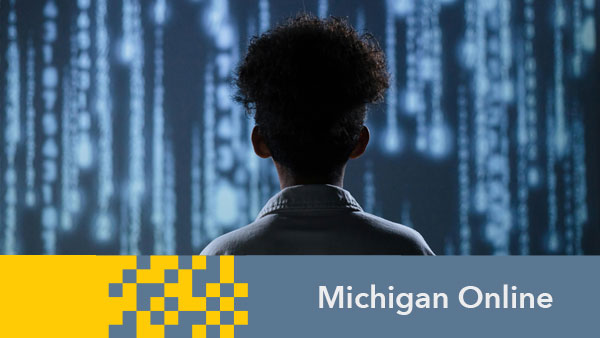Christopher Brooks, Research Fellow, School of Information and Director of Learning Analytics and Research, DEI
@cab938
Millions of learners have engaged in learning through Massive Open Online Course platforms such as Coursera, NovoEd, FutureLearn and EdX. With content provided by many of the world’s best universities, these platforms have delivered university-style courses on subjects ranging from the fine arts and humanities to those in medicine and the physical sciences. In addition to diversity of content and domain, there are broad differences among courses with respect to pedagogy, length, and accreditation mechanism. The University of Michigan has been deeply involved in exploring this new teaching and learning paradigm, and has offered up nearly 30 courses on the Coursera platform in the last three years to more than 3 million learners.
But behind the curtain of this new instructional delivery mechanism there is a vibrant research community digging deeply to understand how scaled-up education environments can help us learn new things about teaching, learning, and education. Through the Learning Education and Design Lab (LED), Michigan is participating in this research. Recent examples include investigating how alumni and students are using MOOCs to further their education, what effect signing up for a MOOC with a friend has on your likelihood to finish, and how predictive models might be formed to help provide an early warning system for student success.
To go beyond understanding individual courses, research needs to be conducted across platforms, universities, and disciplines. On Monday June 22nd the Office of Digital Education & Innovation (DEI) will be hosting a MOOC Research Summit, with representatives from 15 higher education institutions across five countries joining to discuss how collaborative inter-institutional research can help us better understand MOOC learners and their needs. The goal of this summit is to identify learning science questions that MOOCs might be particularly helpful in shedding light on, and to develop an agenda to investigate these questions in a pragmatic and scholarly manner. The summit provides the next example of Michigan’s emphasis on fueling transparency and collaboration around our scholarly and practical approach, as demonstrated through the MOOC Data Policy. We’re looking forward to helping to set the direction of this emerging research community
[av_video src=’https://www.youtube.com/embed/zn6SfRjDs2M’ format=’16-9′ width=’16’ height=’9′]


